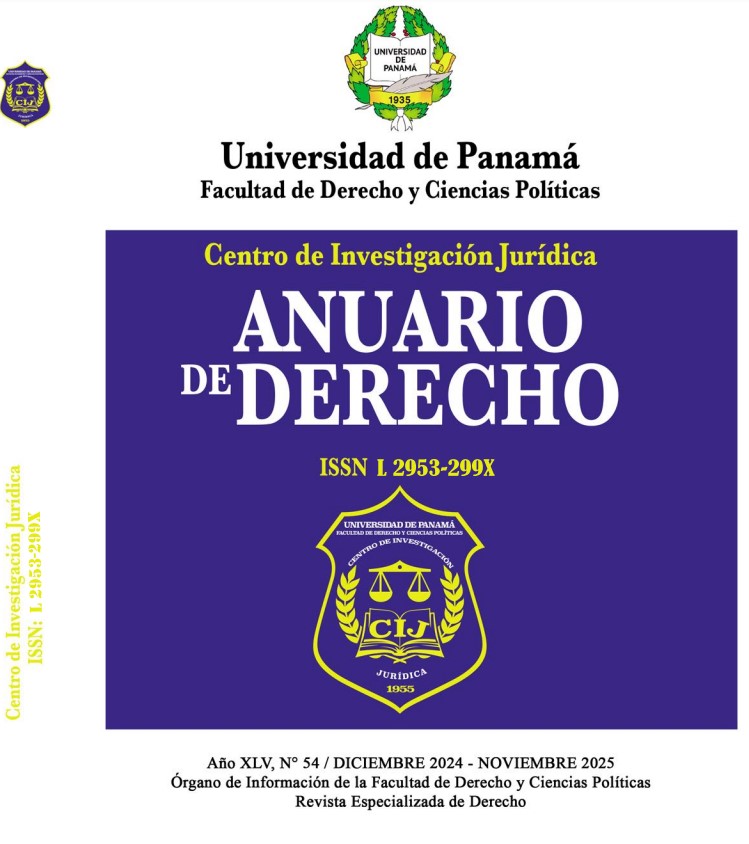

Copyright (c) 2024 Anuario de Derecho

This work is licensed under a Creative Commons Attribution-NonCommercial-ShareAlike 4.0 International License.
Publicity in the adversarial criminal process is a fundamental principle that guarantees transparency and justice in the system. This principle establishes that trials should be accessible to the general public, allowing citizens to observe and evaluate the development of judicial proceedings. Publicity not only ensures that the process is fair and equitable, but also helps to maintain public confidence in the criminal justice system.
In the adversarial criminal process, publicity manifests itself in several ways. One of the most important is the opening of hearings to the public and the media, with exceptions justified for reasons of security or protection of the privacy of the parties involved. In addition, the resolutions and sentences must be published so that everyone can know the judicial decisions and the grounds on which they are based. This promotes the accountability of judges and prosecutors, and deters potential abuses of power. However, it must be balanced with other rights and principles, such as the right to privacy and the presumption of innocence. In some cases, it may be necessary to limit publicity to protect victims or witnesses, or to avoid bias against the accused. This balance is crucial to ensure that the judicial system is both transparent and fair, protecting the rights of all involved while maintaining integrity and trust in the criminal process-any issue of secrecy or secrecy works against transparency and credibility.